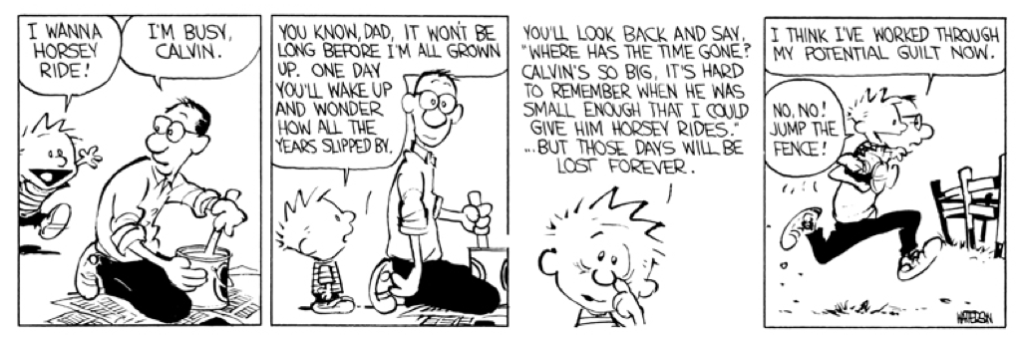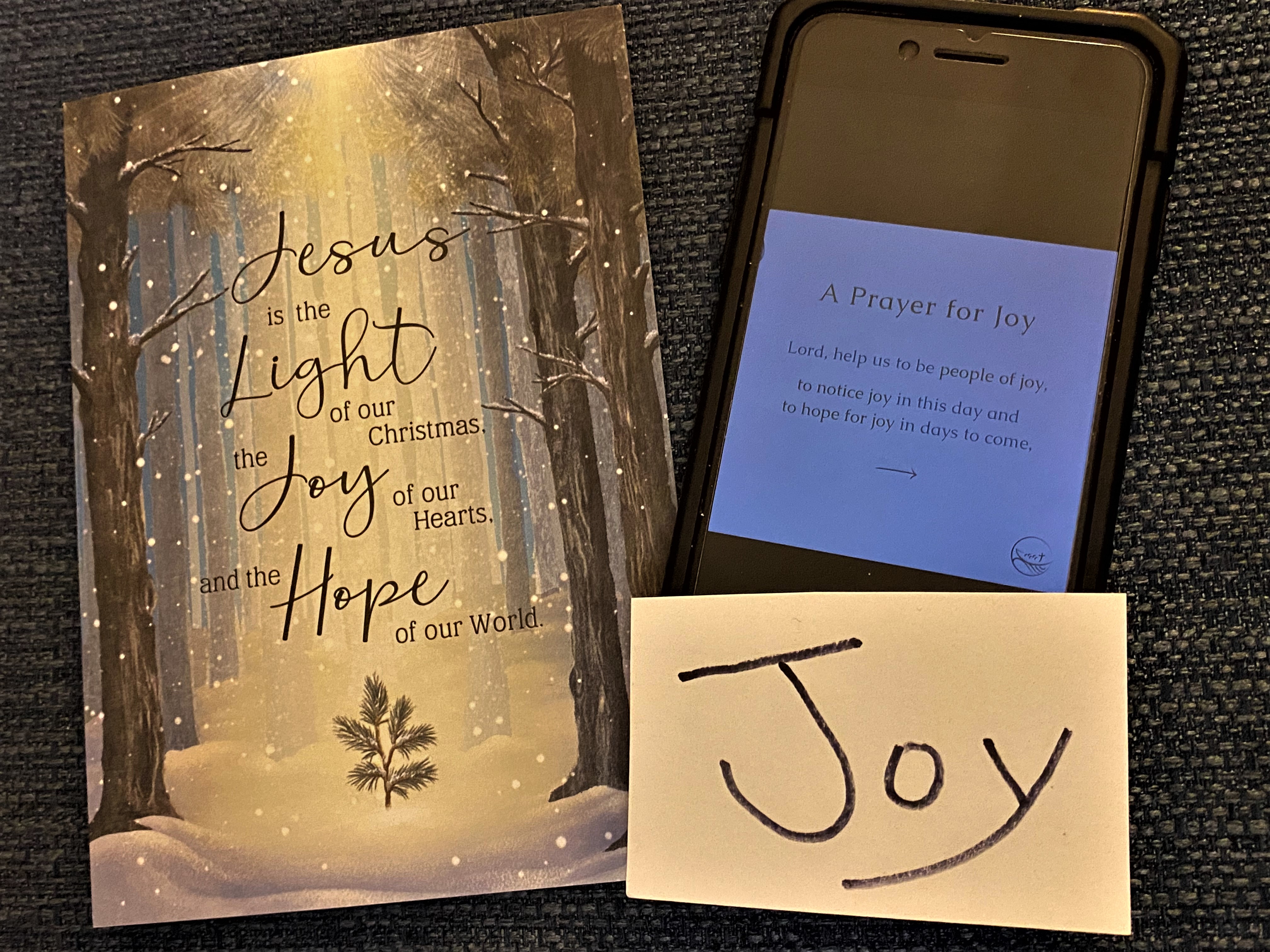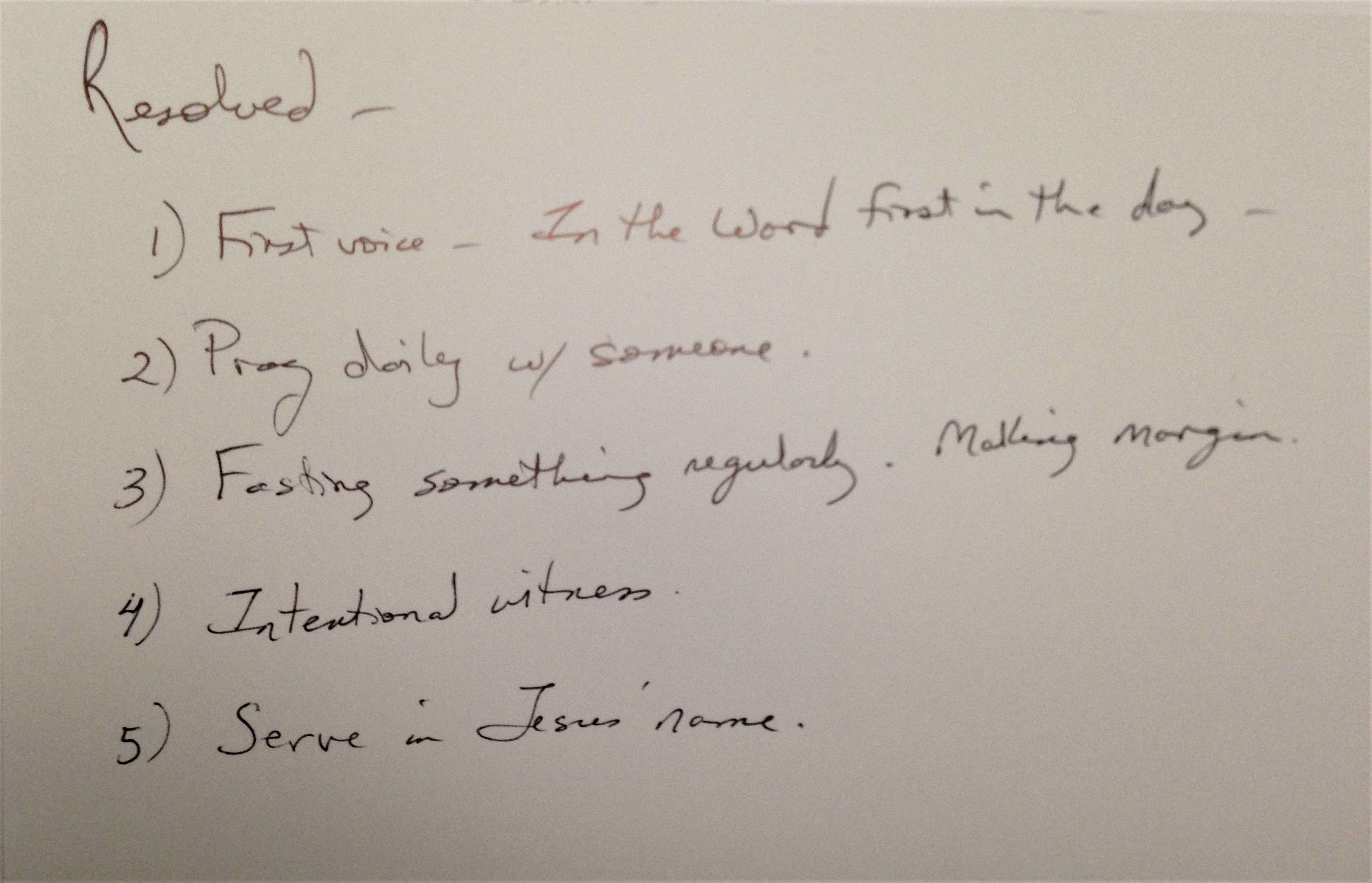
Fathering…it’s an intriguing topic for me, and I’ve written a lot on it [see here].
My biological father was fairly absent from my life. Even before he and my mom divorced. Our father’s own abandonment of us had an impact on us kids developmentally (even possibly affecting how we parent today).

Fortunately I had a kind and loving step-father. Sadly missed by his first family as he poured himself into my siblings and me. He tried to love them well, too…but…
My mom’s dad was an alcoholic who dealt poorly with the Great Depression and his inability to provide well for his family… isolating himself from his children. I remember as a child following him around the woods when we visited. Wish I could have known him better.
The father of my own children was and is a present, loving dad to our bunch. I hope they feel how much he loves them…still and always.

You have your own fathering stories.
Fathering matters.
“Fathering, like mothering, is not an easy job. So much dying to self. So much responsibility. What a delight for us when the men in our lives take fathering on their shoulders as they might a sleeping child. Surrendering themselves to the serving of those younger than them. I thank God for men who humble themselves in prayer for their children and who go to work every day to support their families. Working, studying, and life-long learning passed on to their children and others.
These dads are too-often taken for granted in the shadow of fathering that falls short. The absent, neglectful and downright abusive fathers cut wounds so deep that decent fathers are sometimes judged by the same measure. We watch for “the sins of the fathers to be revisited on their children” (Numbers 14:18).
Today, let’s reflect on the good fathers. Those who were present at our births, or those who came later in life to us, or those who father us out of their own great hearts. Imperfect, sure. All of us are. Yet, there are those men who go many more than second miles for us, and we are grateful.” – Deb Mills
In thinking about fathers, with the approach of Father’s Day here in the US, I pulled all the books on fathering from my bookshelves. There weren’t many (more on parenting, but just these few on fathering itself). Maybe we miss the crucial nature of this role in children’s lives, such that we don’t feel training is needed. I don’t know.

Dr. Danny Huerta, with Focus on the Family, has written a short and important book on 7 Traits of Effective Parenting which especially touches on how weighty the presence of fathers is in the lives of their children. These traits, he extols, are:
- Adaptability means you handle stress and what is coming at you as a dad in healthy and effective ways. It also means you have the mental flexibility to help your child feel understood and noticed by you.
- Respect brings you fully present to your family. Through respect, you model looking inward and managing yourself well so you can listen, see, effectively respond to, and love all image bearers of Christ that surround you each day.
- Intentionality helps you create goals and focus on what you’re building in your children’s lives. Intentional affection, instruction, conversations, mealtimes, playtimes, and encouraging words can all have life-giving impacts on your family.
- Steadfast love allows you to love deeply and give your family the strength that stems from a father’s unconditional love.
- Boundaries allow you to model and teach healthy ways to engage with opportunities, relationships, and interests.
- Grace and forgiveness present the ministry of reconciliation that Jesus began through his death and resurrection. A dad can truly make his home debt-free and spiritually strengthened by modeling grace and forgiveness.
- Gratitude provides a father with a loving and humble perspective that helps him lead his family well.

Parenting is challenging for sure. Through all the seasons and stages of life. From the birth of our children through when they are grown…really until we are gone. Challenging, but also a beautiful work of the heart and mind, as we seek to win the challenge. For our children’s sake, and for our own. If we weren’t fathered well, we can determine to take the steps for it not to continue in our own parenting. The resources we have available to parent well today are plentiful.
We can be grateful for good fathers and hopeful for those overwhelmed by (or unfortunately unaware of) the challenge of parenting well.
“…Let’s live in hope that those fathers who struggle to be present or loving may one day gather themselves together, awaken to what was left behind, and reach out to the treasures they missed along the way…and may they find us within reach.” – Deb Mills
Fathering – Celebrating Men Who Did It Well; Forgiving Men Who Didn’t – Deb Mills
Saturday Short – Fathers and Father’s Day – Deb Mills
Fathers (and Mothers), Do Not Provoke Your Children – Tim Challies
7 Ways Parents Unfairly Provoke Their Children – Tim Challies
Christian Books on Fatherhood – Top Books for Fathers
Biblical Fathering – 4-part Series on Being Fair, Flexible, Firm and Forthright – Don Strand
The Significance of a Father’s Influence
50 Best Christian Fathers Day Messages and Bible Verses
“As to my children, you are now to be left fatherless, which I hope will be an inducement to you all to seek a Father who will never fail you.” – Rev. Jonathan Edwards, his last words to his children, as he lay dying.
Slow to Chide, and Quick to Bless: Vision for Earthly Fathers – David Mathis – excellent article for any dad
Train Them Up in Jesus: The One-Verse Vision for Dads – David Mathis – excellent article, by the same author above, for any dad but especially Christian dads
Lastly, one powerful little Tweet:
The Audacity of Calling God “Father” If I call God “God” I speak truthfully. If I call God “Lord” I speak submissively. If I call God “King” I speak servilely.
But if I dare to call God “my Father,” I speak with a brassy audacity, chutzpah, that is shockingly familiar and intimate. So it seems anyway.
You dare to call the Master of the Universe “Father”? You dare to call the One who controls heaven and hell “Father”? You call the Omnipotent one “Father”?
Who do you think you are? It is difficult to imagine a more audacious act than to stand before the Creator of the world and to name him “Father.” And mean it. And not only to mean it, but to act and speak as a child acts and speaks before a loving and doting Dad.
It’s shocking. It’s exhilarating. And it’s beautiful beyond words.
But here’s a secret: it’s not really chutzpah. It’s not some brassy boldness that we work ourselves into, nor it is gained by swallowing a bottle of liquid spiritual courage, as it were.
To call God “Father” is simply to live in the space which Jesus created. To move from residing far from God as his enemy; or on the other side of town from him as a stranger; or down the street as an acquaintance; or in an adjoining house as a servant; and to move into our own bedroom as a child in his family. To wake up in the morning and see our Father sipping a cup of coffee and saying, “Good morning, my child,” as we respond, “Good morning, Father.”
You see, when we live in this house, when we move into the room built by Jesus, we inhabit the home not merely of a Master or Lord or King, but the one who’s given us his name and made us his own, now and forever.
“Our Father”: two of the most amazing words ever uttered. – Chad Bird











































